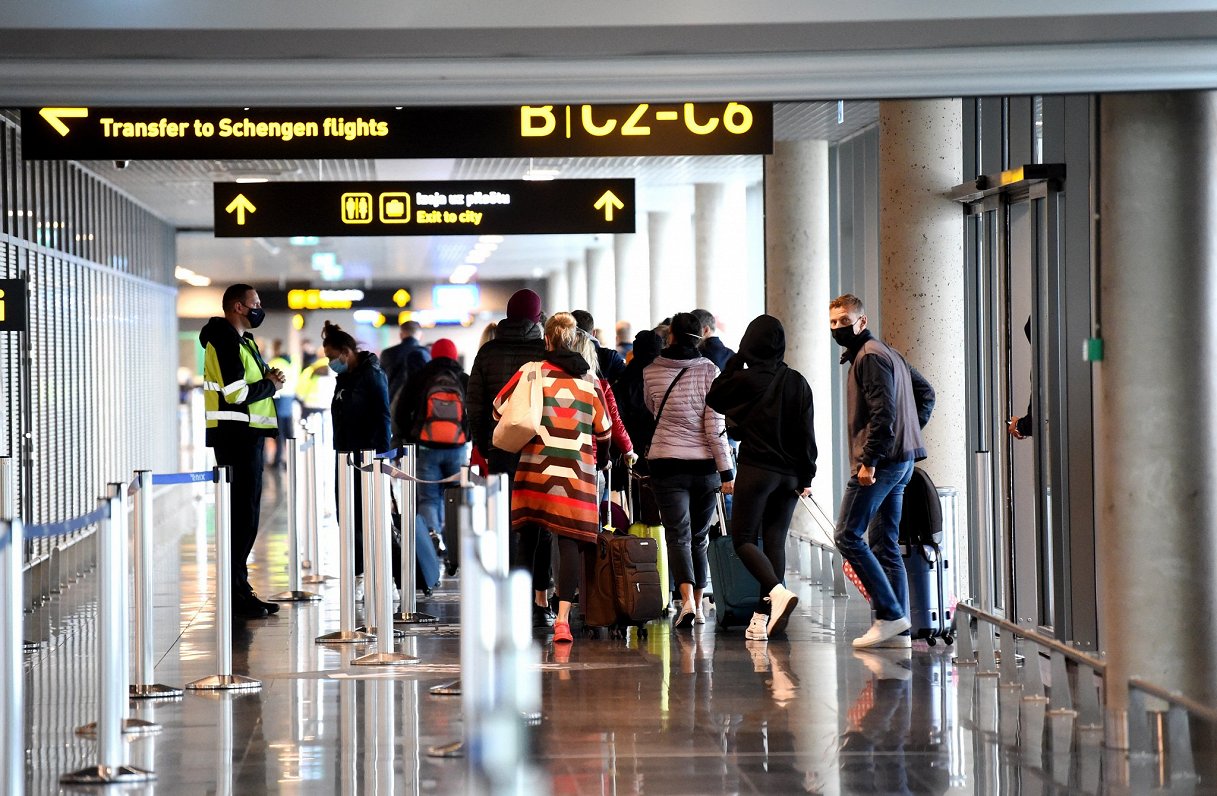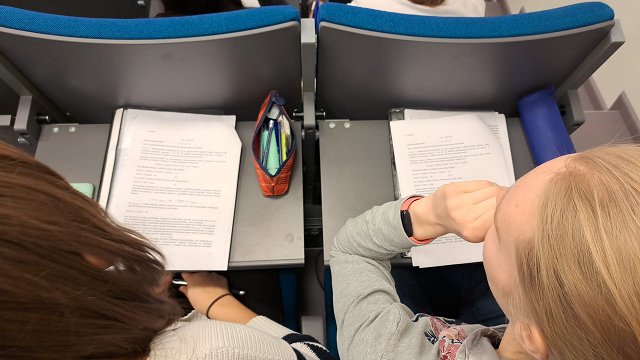Immigration and emigration statistics show that there have been a number of peaks in the recent decades which have gone hand in hand with various crises. In the early 1990s, it was about regaining independence. 60,000 people left Latvia within a few years. During the economic crisis of 2008–2009, around 40,000 people left.
Over the last five years, emigration has seen a downward trend, with 14-15 thousand inhabitants of Latvia leaving the country a year. With the Covid pandemic, this number further decreased, as free movement between countries is limited, but emigration has not reduced, said Sigita Šulca, deputy director of the Social Statistics Department of Central Statistical bureau (CSB).
“For example, around 12,000 people still left Latvia in 2020, with a record low of around 9,000 entering Latvia. So every crisis shows a rise or fall. The pandemic has delivered a more positive outcome in this respect when we talk about the decline in population. It has slowed down according to migration figures. Which can't be said about the natural movement,” explained Šulca.
About 50% of Latvian nationals are returning to their homeland after some time. Most often, two to three years are spent abroad and the age group is 19 to 40. According to Šulca, males are more active than females and most are unmarried.
There are changes to the countries of destination. Britain has fallen from the throne as the favorite location after the economic crisis. Germany is currently at the top, followed by the Netherlands, Norway, and Ireland.
Chairman of the Council of Latvia's community in Germany, chief editor of Latviesi.com, Kristaps Grasis, said that the desire to live in Germany has grown particularly in the last five years.
“After the crisis in 2008, the number of people in the UK and Ireland was rising. It was largely about language. First of all, there was a search for a workforce, and secondly, there were no language barriers as in Scandinavia or Germany. As the years passed, people were willing to go to countries where they had to learn a new local language. [..] Germany is an attractive country because it borders all the countries of Benelux, France, Scandinavia.”
CSB spokeswoman Šulca said that Latvia was on a similar path as Estonia and Lithuania has been on a couple of years and was approaching zero migration. Namely, the number of arrivals and departures is balancing.
Lead researcher at the University of Latvia's School of Social Sciences Baiba Bela said that the Covid crisis is unlikely to contribute to emigration like it was after the economic crisis in 2009.
People are leaving the country during the pandemic, but they returning to their homeland. However, the problem of the desire to return is to find adequate work and the fact that there is a lack of housing in Latvia. Bela stressed that economic factors remain important in the context of migration.
“There are fundamental differences now which make me think that the pandemic will not lead to a wave of emigration. The first is that, during the economic crisis of [2008/2009], Latvia suffered very hard – one of the countries hardest hit in the European Union. [..] But right now, coronavirus is everywhere.
"The other thing, which is no less significant, was that in the wake of the [2008/2009] crisis, the population was left to their own devices and the government provided a very minimal cushion to those hardest hit by the crisis. At the moment, however, the government is reacting differently: the country has more generously supported those who are severely affected by the pandemic in economic terms."


























